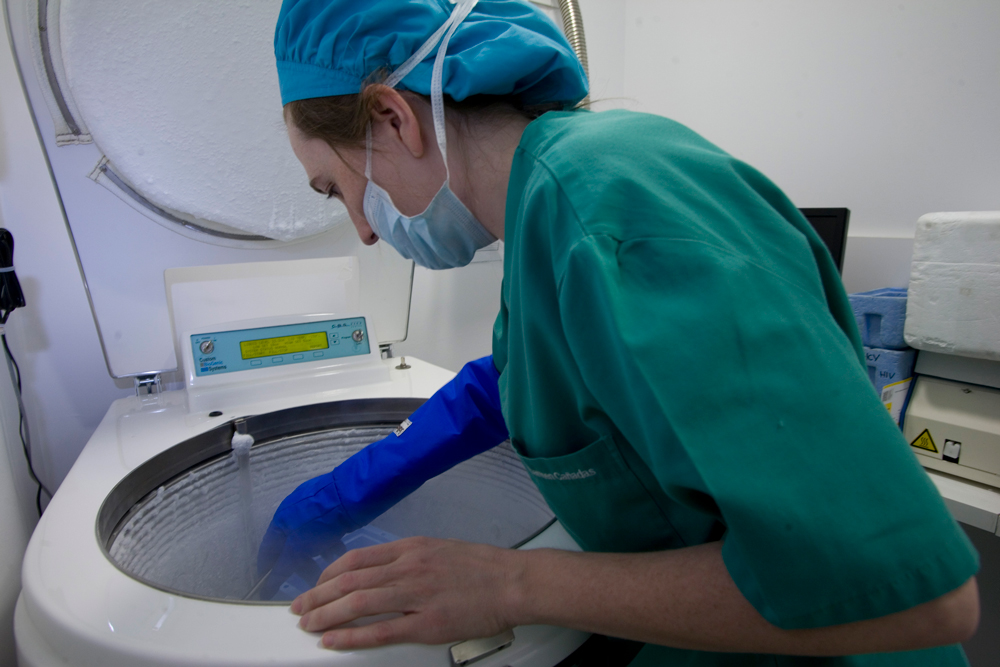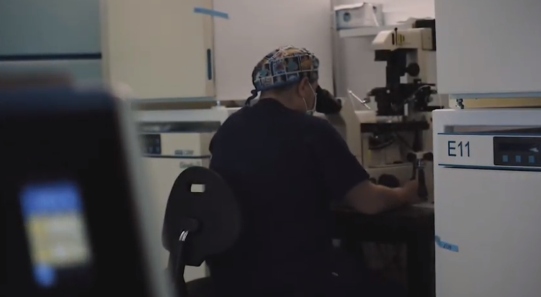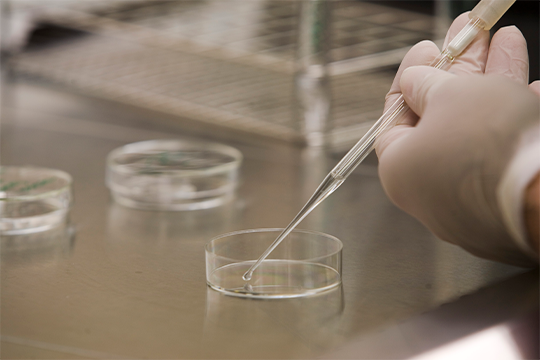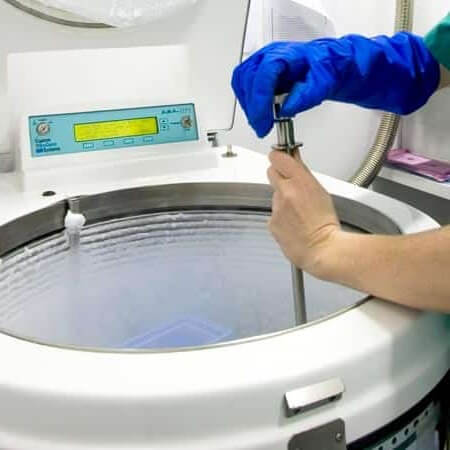
Assisted reproduction
Sperm freezing: male fertility preservation
Sperm freezing or cryopreservation is a male fertility preservation technique which was discovered over 75 years ago. It consists of freezing a sperm sample for later use in fertility or assisted reproduction treatments.
What does sperm freezing consist of?
It consists of the conservation of a sperm sample for future use in a fertility treatment.

The sperm freezing process is a simple technique which has 3 phases:

1st Phase
A quality sample needs to be obtained before sperm freezing can take place. In order for the sample to maintain a maximum guarantee of quality and for it to be suitable for subsequent fertilisation, the patient needs to:
- Maintain 3-4 days of sexual abstinence. It is not advisable to abstain for many more or less days (the limits are no less than 2 and no more than 7), seeing as this could increase the rate of immotile spermatozoa.
- Collect the sample in a sterile container which can be purchased in a pharmacy, ensuring maximum hygiene conditions (wash hands beforehand) and ensuring that the sample is complete (that nothing is spilled outside the container).
- Deliver the sample to the fertility clinic within an hour and a half after having obtained the sample at home, carrying it close to your body to maintain its temperature. If this is not possible, the sample can be collected in the centre itself

2nd Phase
Our Andrology Laboratory will analyse the sample and determine whether it is of
sufficient quality to be frozen.

3rd Phase
The sample will be cryopreserved in accordance with the centre’s protocol and then stored in a cryobank.
The sperm sample will be processed using a cryoprotectant (which allows the spermatozoa to survive the freezing and thawing processes) and it will be frozen in liquid nitrogen vapour (-196ºC) and stored, perfectly identified, until it needs to be used.
How long do frozen sperm samples last?
In principle, the sample can be conserved in liquid nitrogen indefinitely and it will continue to be suitable for fertilisation. Given that the temperature and levels of the liquid nitrogen are carefully controlled 365 days a year, the samples will not suffer any loss in quality.
Pregnancy has been achieved using samples which have been frozen for up to 15 years.
When should sperm freezing be used?
Freezing sperm is recommended in the following cases:
- In in vitro fertilisation treatments (even if the sample is going to be used fresh, having a frozen sample avoids any unexpected circumstances and gives the couple more peace of mind).
- When the male’s fertility is in danger, if he is going to undergo surgery, chemotherapy or radiotherapy for example, all of which can cause a deterioration in the patient’s sperm production.
- When the patient’s sperm count is so low that it is advisable to accumulate spermatozoa from various ejaculations.
- To preserve fertility, in case any anomalies in sperm production occur in the future, or if the patient is going to have a vasectomy



